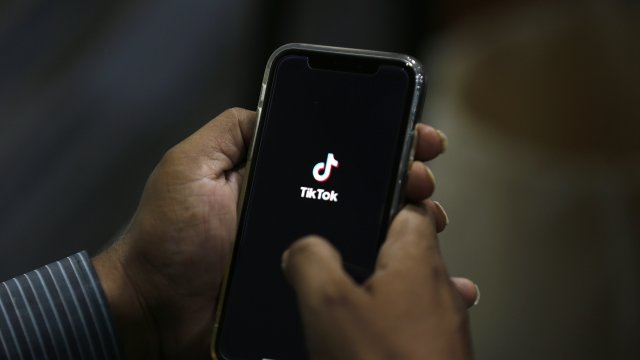A video is making the rounds on TikTok and Instagram. It address the topic of racism, specifically around the phrase “White guilt."
Newsy’s national correspondent Tammy Estwick is here to give us a peek inside a conversation not often found in the mainstream today.
The video you’re about to see is opening a dialogue. It asks one group of participants, "Are you proud to be White?"
A social video produced by Jubilee Media in 2019 is making the rounds on social media this week. It explores how conversations about racism can help Americans come together as a nation. Six word have started a conversation among thousands online.
Racial justice expert Julie Nelson says conversations like this are helping to pave a path forward.
"No, I don't think it's a matter of feeling proud of being White," said Nelson. "Whiteness, the category of White, is really what created race and what created racism."
Nelson is works for the nonprofit organization Race Forward, a racial justice organization that has a long history of working to dismantle institutional and structural racism not just for Blacks but for Whites and other races, too.
"We've never had sort of a reconciliation, a truth telling," said Nelson "And so for us to actually move to a more equitable future, we've got to reconcile our past."
Nelson says racism is harming the country and an open dialogue about race is important.
"So the question shouldn't be about blame or shame or guilt. The question is about responsibility." said Nelson. "We need to be able to have honest conversations about our history and our current realities, not just history, current realities. And those conversations can't just be taught. They have to be able to lead to actions that create change. So changing the policies, changing practices, changing systems and structures, those are the things that maintain racialized outcomes."
Nelson says this is a conversation we can all have in our home. She suggests listening and not judging to get past the first hurdle.


